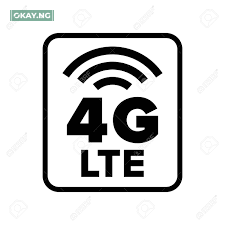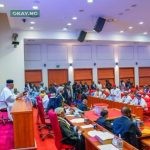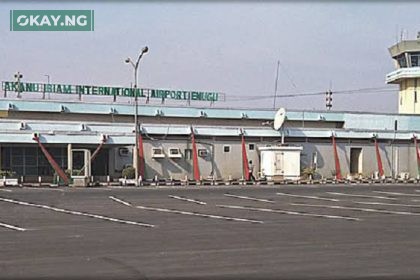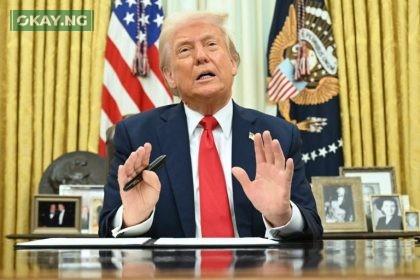Nigeria has witnessed a remarkable surge in 4G mobile internet coverage in recent years, according to a new report from the GSMA. The report, reveals that 4G coverage has skyrocketed from a modest 41 percent in 2019 to an impressive 84 percent in 2024. This significant expansion signifies a crucial step towards a digitally connected Nigeria, enabling access to information, facilitating economic growth, and empowering citizens.
The report “Sub-Saharan Africa 2024 Year in Review,” stressed that progress is not evenly distributed. While urban areas boast widespread 4G availability, rural communities continue to face significant challenges, with only 48 percent enjoying 4G coverage. This digital divide threatens to exacerbate existing inequalities and hinder the full potential of digital transformation across the country.
“Bridging this connectivity gap is paramount for Nigeria’s future,” states the GSMA report. “Expanding 4G coverage to reach 98 percent of the population would require an estimated $360 million in investment, according to our analysis.”
The report acknowledges that reaching the final 2 percent of the population residing in extremely remote and sparsely populated regions may necessitate alternative solutions such as satellite connectivity.
Read Also:
MTN Nigeria Gets 10-Year Spectrum Licence Renewal Approval from NCC
MTN Nigeria Welcomes NCC’s 50% Tariff Adjustment Approval
The good news is that targeted policy reforms can significantly reduce this investment burden. By eliminating sector-specific taxes on infrastructure and deregulating retail prices, the report estimates that the investment requirement could be slashed by 44 percent, bringing the total down to approximately $200 million.
Furthermore, the report emphasizes the crucial role of demand-side policies. Ensuring the affordability and accessibility of 4G-enabled devices is critical to maximizing the impact of expanded coverage. By aligning Nigeria’s average revenue per user (ARPU) with other African countries and driving higher 4G adoption rates, the report suggests that 97 percent coverage could be achieved with a significantly reduced investment of just $30 million.
This remarkable leap in 4G coverage underscores the dedication and efforts of telecom operators and policymakers in expanding digital connectivity across the country. However, the persistent disparity between urban and rural coverage serves as a stark reminder of the challenges that remain.
Expanding 4G coverage is not merely about providing faster internet access; it’s about unlocking Nigeria’s economic potential. By connecting citizens to information, facilitating digital innovation, and driving socio-economic development, widespread 4G coverage can empower individuals, businesses, and communities across the nation.












